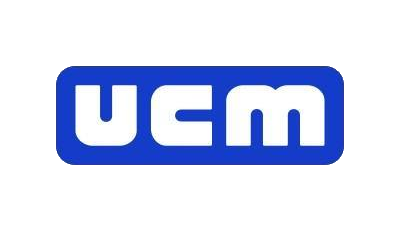Starting out as self-employed may have an impact on your spouse's status if you are married or legally cohabiting. If your partner is somehow involved in your business, they can in some cases be recategorised as an assisting spouse. But what are the conditions for obtaining this status, and what exactly does it involve?
When are you considered an assisting spouse?
As the partner (married or legally cohabiting) of a self-employed person, you are considered an assisting spouse if you:
- replace or provide effective assistance in the business of your self-employed spouse without an employment contract (regularly or at least 90 days per year)
- do not have personal income of more than 3,000 euros per year from a self-employed activity (gross income minus business expenses)
- do not have personal income from activity as an employee or civil servant, or replacement income giving you personal social security rights
When are you not considered an assisting spouse?
You are not an assisting spouse if you are in one of the following situations:
- you do not help your self-employed spouse or partner at all
- you help your self-employed spouse or partner only occasionally, i.e. not regularly, and not more than 90 days per year
- you have sufficient personal social security rights
- you have a self-employed business and earn more than 3,000 euros per year (gross income minus business expenses)
- you work as an employee or civil servant
- you receive a replacement income that guarantees you social security rights
- your self-employed spouse or partner is taxed as a company director. If you actually help your spouse in this type of situation, contact their social insurance fund to check whether you need to be affiliated (as an active partner, agent, etc.)
Maxi-status or mini-status?
You may have read about different plan options for assisting spouses. These differences have been eliminated. Only assisting spouses born before 1956 have the option (not the obligation) to join the mini-status.
The maxi-status is therefore the rule for almost all assisting spouses. It is this status that we will examine in the next section.
What are your obligations if you become an assisting spouse?
You must register as an assisting spouse with your spouse's social insurance fund. This means that you will pay social security contributions. These are determined by your net annual income (= turnover - professional expenses).
As this income is not known until the administration receives your tax return, you will initially pay provisional social security contributions of €384.40 (2023) per quarter. These are then reviewed on the basis of your actual income (once the administration has received your tax return) and calculated as follows:
|
Net annual income ≤ €7,208.56 |
Your provisional contributions are considered final |
|
Net annual income ≤ €70,858 but ≥ €7,208.56 |
20.5% of social security contributions |
|
Part of the net annual income between €70,858 and €104,422.24 |
14.16% of social security contributions |
|
Above €104,422.24 |
You no longer pay social security contributions |
*All the amounts shown in the table are valid for 2023
How do you calculate your income as an assisting spouse?
The self-employed person may choose to allocate a portion of their income to the assisting spouse. The income allocated to the assisting spouse must correspond to the income they actually generate in the business. Above 30% income allocated to the assisting spouse, the tax authorities may ask you to demonstrate that the assisting spouse actually generated the percentage of income allocated to them. The advantage of allocating a portion of income to the assisting spouse is the tax benefits that this allocation can provide.
What are your rights as an assisting spouse?
As an assisting spouse, you have the same rights as any other self-employed person, i.e. pension, health care, incapacity for work and disability, maternity, paternity and co-parenting, adoption, long-term placement, close caregiver, bereavement leave and bridging rights.
Who can help me ?




